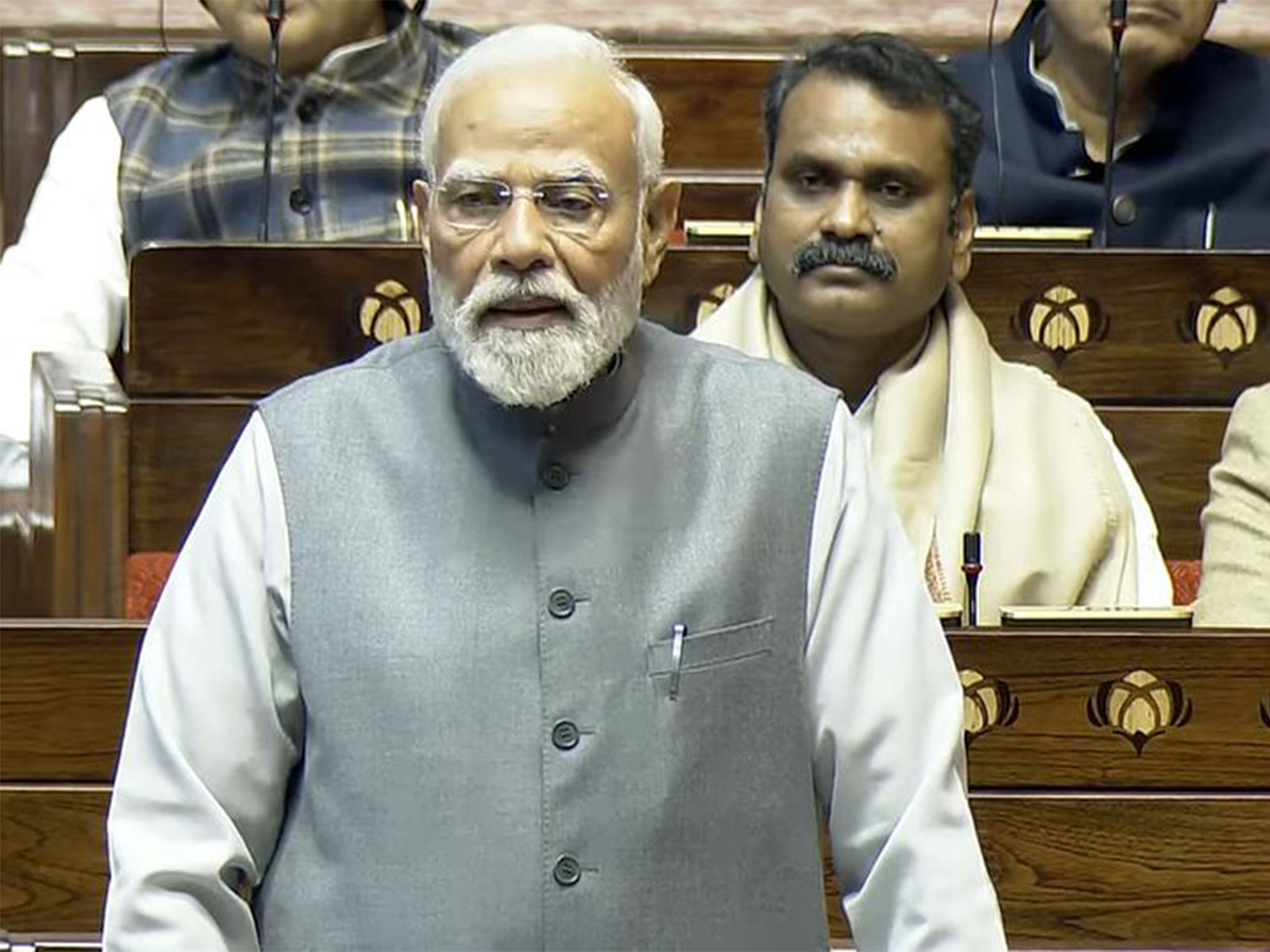
- In a bid to attract more consumers, e-tailers offering excessive discounts
- The \'predatory\' pricing strategy of firms not helping their stands with premium brands
- No Indian e-commerce firm has built or is in the process of building a profitable business model
India's largest e-commerce website, on 3 December, posted a loss of about Rs 2,000 crore in the year ended March 2015. The online retailer spent heavily on funding discounts to lure customers and stay ahead of rivals like Snapdeal and Amazon India.

Flipkart Internet, which runs the consumer-facing portal, registered a net loss of Rs 1,096.4 crore, while that of Flipkart India, the wholesale arm, was Rs 836.5 crore, according to a Registrar of Companies filing on 30 November. In FY 2014 the entity reported a combined loss of Rs 715 crore, while the combined sales of both the entities sky-rocketed to Rs 10,390 crore.
Why the loss?
In the rat race to win customers by offering heavy discounts, Flipkart spent a huge amount on marketing activities, building new warehouses, funding discounts and technology activities.
A majority of e-commerce players in India are start-ups and, therefore, are working towards rapidly scaling up their market share. They have been aggressively planning and implementing discounting strategies, which would make the customer sit up and take notice.
The price of a product has emerged to be the differentiating factor which drives consumers to shop online or in-store. However, an alarming fact is that customers are now used to discounts throughout the year.
The 'predatory' pricing strategy of Indian e-commerce companies is not helping their stand with premium brands either.
What needs to be done
Clearly, the model of offering heavy discounts is not feasible in the long run and the need of the hour is to find an alternative.
"Offering lower prices will not be viable in the long term. Despite luring customers in the initial stages, lower prices won't be able to retain them. While the discounting will continue for a few more months, e-tailers are thinking beyond discounts to acquire customers and build loyalty," said a PwC report.
Though many consumers opt for shopping online given the discounts and deals offered by e-tailers, this strategy has started to backfire.
Market leaders like Flipkart and Snapdeal and start-ups like Grofers and PepperTap are clearly cashing in on the booming internet and smartphone market in India.
The missing link
Financial firm, UBS says that e-commerce sales can touch $60 billion by 2020 from less than $6 billion last year, driven by the manifold growth in smartphone users to more than 500 million.
What's missing from this rosy picture is why any Indian e-commerce company has built or is in the process of building a business model which will generate profit in the future.
Valued at $15 billion, Flipkart is undergoing a complex transformation where it is moving from an inventory model to a marketplace. Additionally, it is also trying to move to an advertising-led model from a commission-based one, which is the backbone of a marketplace. The second largest firm Snapdeal (owned by Jasper Infotech Pvt. Ltd) is aggressively investing in logistics service provider, GoJavas, in which it picked up a significant minority stake earlier this year.
All these moves will only require more funding, which eventually takes these companies away from cutting any losses. The uncertainty of the business model of start-ups across the country is alarming and is leading investors to finally step back.
As the funding dries up, it may become too difficult for some companies to figure out how they will run their business.
First published: 4 December 2015, 1:48 IST







![BJP's Kapil Mishra recreates Shankar Mahadevan’s ‘Breathless’ song to highlight Delhi pollution [WATCH] BJP's Kapil Mishra recreates Shankar Mahadevan’s ‘Breathless’ song to highlight Delhi pollution [WATCH]](https://images.catchnews.com/upload/2022/11/03/kapil-mishra_240884_300x172.png)

![Anupam Kher shares pictures of his toned body on 67th birthday [MUST SEE] Anupam Kher shares pictures of his toned body on 67th birthday [MUST SEE]](https://images.catchnews.com/upload/2022/03/07/Anupam_kher_231145_300x172.jpg)






